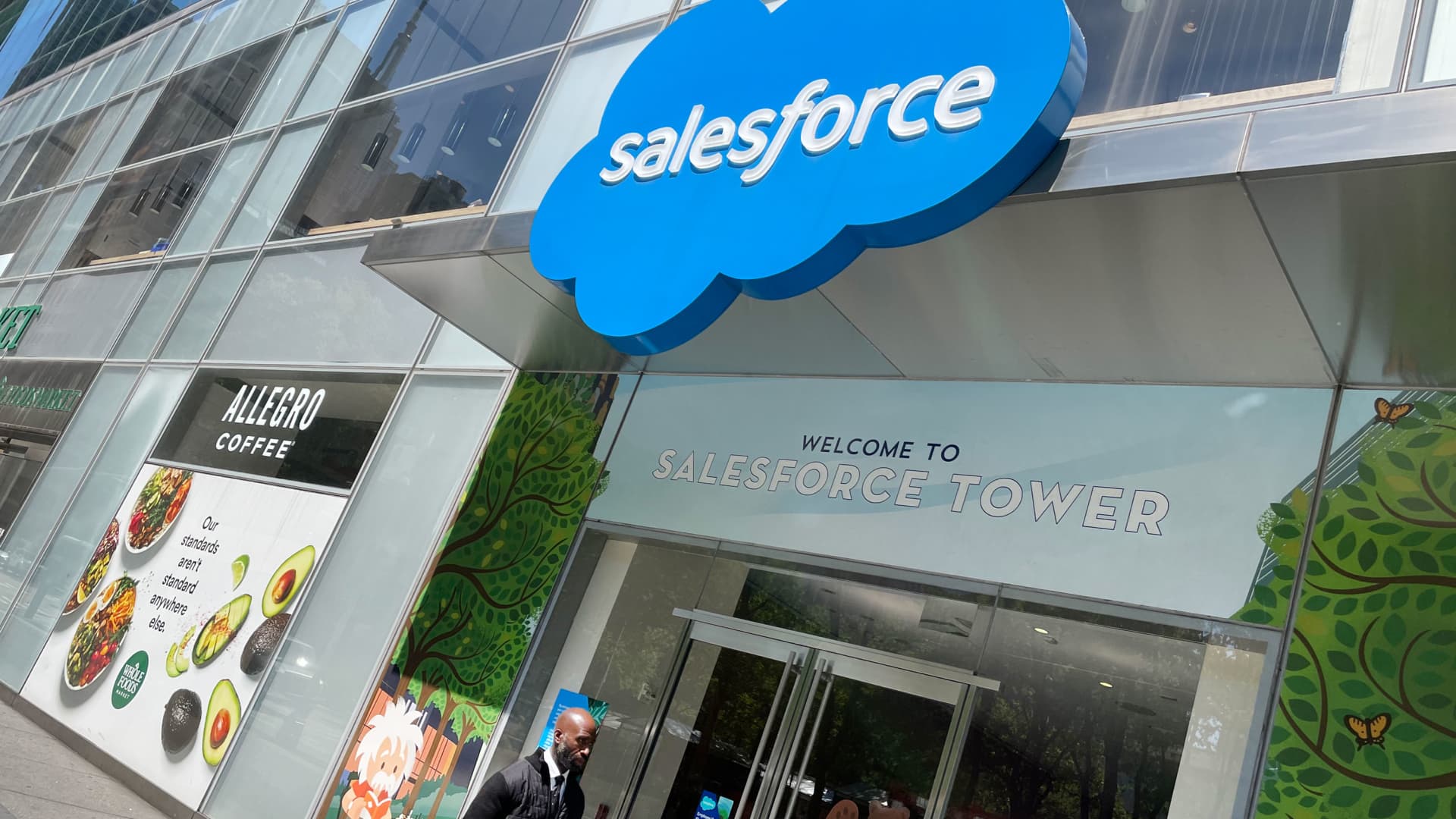Entering or expanding within the UK market can be highly rewarding, but it demands careful planning and a firm understanding of the local business landscape. Whether you’re a UK-based company seeking to grow your market share or an international business launching in Britain, developing the right market penetration strategies is essential.
This article explores practical methods for increasing your presence in the UK market, with a focus on genuine, sustainable growth rather than short-term wins.
What do we mean by market penetration?
Market penetration refers to the process of gaining a greater share of an existing market with your current products or services. This often involves increasing sales to existing customers, attracting competitors’ customers, or converting those who have never used your offering.
Unlike market development or product diversification, which focus on reaching new markets or launching new products, market penetration strategies are about maximising opportunities where you already have a presence.
Why the UK market demands a tailored approach
The UK is a developed, competitive, and often saturated market. Consumers have high expectations, brand loyalty is strong in certain sectors, and regulatory standards are robust. However, it’s also a market with immense potential. The British public is open to innovation, responsive to good customer service, and increasingly engaged online.
For businesses looking to establish or grow in the UK, market penetration provides a logical path to building brand presence, gaining traction, and ultimately increasing revenue without overextending into unfamiliar territory too soon.
Strategy 1: Rethinking your pricing model
One of the most straightforward ways to boost market share is to revisit your pricing strategy. That doesn’t necessarily mean offering discounts, although short-term promotions can help attract attention and generate quick sales.
In some cases, introducing a penetration pricing model — where products are launched at a lower price to gain early adoption — can encourage new customers to give your brand a try. On the other hand, value-based pricing, where prices are set according to the perceived value rather than cost, may be more effective for premium products.
In the UK, price sensitivity varies by sector, but customers generally look for value over simply the cheapest option. Clarity and fairness in pricing often earn trust and long-term loyalty.
Strategy 2: Increasing brand awareness
In a competitive environment like the UK, visibility is crucial. If people don’t know you exist, they won’t become customers. Marketing efforts should focus on both reach and resonance.
Digital advertising offers excellent opportunities to target UK consumers. Google Ads, Meta platforms, and LinkedIn are particularly effective, especially when paired with location-specific targeting. But traditional methods can still be powerful — local newspaper advertising, sponsorship of community events, or branded experiences can create a more tangible local presence.
Working with UK influencers or content creators can also bring your brand into existing, trusted networks. What matters most is authenticity. British consumers can be sceptical of overt sales pitches, so your messaging needs to feel honest, consistent and relevant.
Strategy 3: Strengthening distribution channels
Making your products more accessible is another way to penetrate the market more effectively. In the UK, this might involve improving your partnerships with national retailers or exploring popular e-commerce platforms such as Amazon UK, Ocado, or Not On The High Street.
For physical products, fast and reliable delivery is a major expectation. Offering next-day or even same-day delivery in urban areas can give you an edge. Many UK consumers also value click-and-collect options, especially for high-street brands.
If you’re offering services rather than products, consider whether your booking systems, operating hours or geographic coverage are limiting customer access. Sometimes increasing penetration simply means removing barriers to purchase.
Strategy 4: Tailoring your product for local appeal
Sometimes a product that works well in one market needs small but important changes to resonate in another. The UK has unique consumer preferences shaped by cultural norms, trends and regulations.
Localising your product could involve adjusting portion sizes, offering UK-friendly flavours or packaging designs, or complying with recycling standards and labelling laws specific to Britain. Attention to detail — like using UK spellings and measurements — can signal respect for the local market and build consumer confidence.
Even naming conventions can make a difference. A product name that sounds catchy in the US or mainland Europe might not land as well with a British audience. Testing, gathering feedback, and staying open to refinement is key.
Strategy 5: Building loyalty and retaining customers
Acquiring new customers is important, but retaining them is often more cost-effective and contributes more consistently to long-term market share. Developing a loyalty scheme or retention plan can make a substantial difference.
British consumers are familiar with and responsive to loyalty cards, membership benefits and exclusive offers. You don’t need to match the scale of Tesco’s Clubcard or Boots’ Advantage scheme. Simple points-based rewards, refer-a-friend incentives, or VIP discounts can keep customers coming back.
Equally important is customer service. Quick response times, fair return policies, and helpful staff can turn a one-time purchase into a long-term relationship.
Strategy 6: Speaking the local language — Literally and culturally
One of the more subtle barriers to market penetration is cultural misalignment. British customers have their own expectations around tone, language and customer engagement. Being too pushy, overly casual, or using Americanisms can create unnecessary distance.
Make sure your marketing materials, website and product descriptions use British English, both in spelling and vocabulary. But beyond words, it’s about tone. Humour, politeness and understatement are often more effective in the UK than bold claims or dramatic language.
Understanding local values, seasonal habits and regional differences will also serve you well. A strategy that works in London may not land the same way in Manchester or Glasgow.
Measuring your progress
Penetration efforts should be tied to measurable outcomes. Monitor changes in your market share, track your customer acquisition and retention rates, and analyse which marketing or distribution channels are delivering the most value.
Tools such as Google Analytics, CRM dashboards and sales tracking software will help you make informed decisions. In time, the data should show you not only if your strategies are working, but where further refinements are needed.
Expanding your business within the UK market doesn’t require reinvention — but it does require intention. By focusing on smart, well-informed market penetration strategies, you can deepen your presence, grow your customer base, and build a more resilient brand.
From pricing and distribution to loyalty and localisation, success depends on understanding your audience and meeting them where they are. The UK may be competitive, but it’s also full of opportunity for businesses willing to invest in genuine, long-term growth.




.jpg?width=1200&auto=webp&quality=75)



